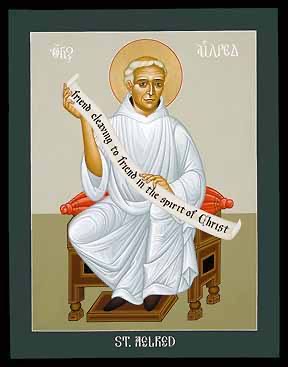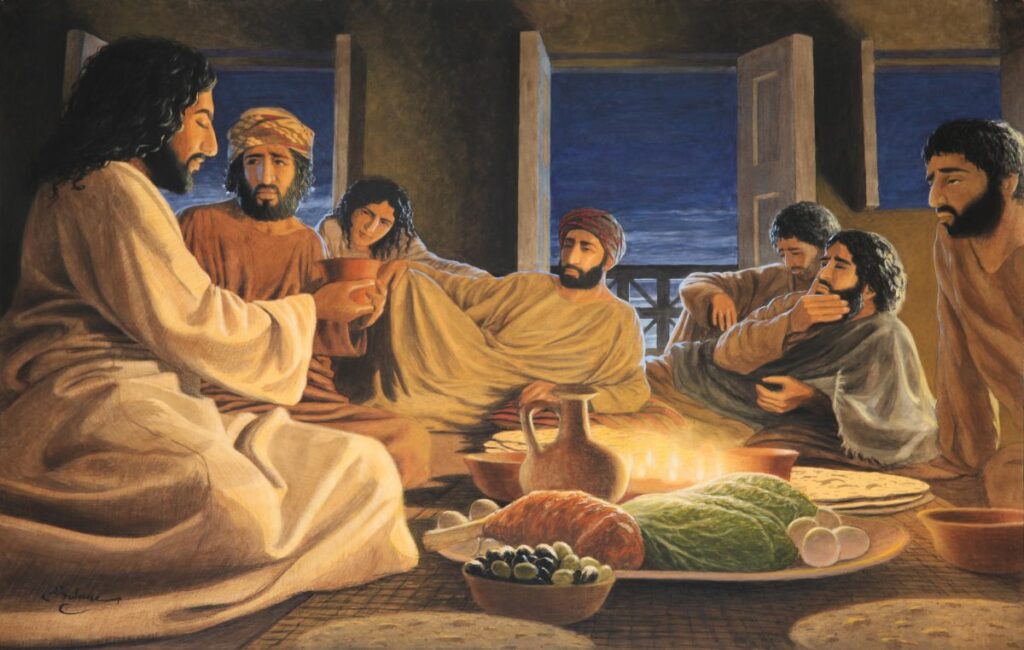The following passage by Laurence Freeman – Catholic priest, Benedictine monk, and Director of the World Community for Christian Meditation – is found in the Introduction to The Good Heart, a book highlighting the inter-religious dialogue between His Holiness the Dalai Lama and a gathering of Christian and Buddhist teachers. This historic meeting took place at the John Main Seminar of 1994 in London and met with great success in forging a path of better understanding between the Christian and Buddhist religions and the common ground they share. There was an obvious respect amongst the attendees for each other and a deep reverence for the wisdom of the Dalai Lama as he gave his perspective on the Christian Gospels of the New Testament. Father Freeman’s reflection on friendship in the following passage offers a context for the possibility of and hope for unity and acceptance among people of all faiths.
The following passage is from The Good Heart. His Holiness the Dalai Lama. Edited by Robert Kiely. Wisdom Publications, 2016.
“Friendship occupies a central place in Christian thought and tradition. The Christian ideal of friendship is built upon a long classical Western tradition that did not understand friendship, as we often do today, as a diluted form of intimacy. Cicero or Saint Augustine would not have understood modern journalists who say that a couple are “just friends” as if the only really interesting relationship is that which progresses “further” than friendship. For them and for many of their preceding and succeeding generations, friendship was the goal of all the formative experiences of human relationships. Education in the widest sense was a preparation for the achievement of friendship that allowed one to share the deepest and truest part of oneself with another.

Saint Aelred of Rievaulx, a thirteenth-century Yorkshire monk, wrote a treatise called Spiritual Friendship. This work focused on the Christian understanding of this classical ideal of friendship and was based on Cicero’s great work On Friendship. Aelred speaks of the disciplined preparation and mutual testing that precedes the full flowering of friendship, when the ineffable sweetness of trust and confidence, intimacy and openness, between the friends flows out through the friendship to the world around them. Significantly, he says that such friendship cannot be based on anything less than the essential goodness of each friend. There cannot be friendship based on exploitative desire or hatred of others because these negative qualities betray human nature. Partners in crime do not make good friends. Friendship is the perfection of human nature. “A truly loyal friend,” says Saint Aelred, “sees nothing in his friend but his heart.”9 This leads Aelred to describe without embarrassment particular instances of personal friendship in his own life, as well as the joy he feels as he walks around his cloister knowing that there is none there whom he does not love and none whom he does not feel loved by. For Aelred, the perfection of human friendship is an epiphany of the real presence of Christ. Christ, he says, makes the third between us. In this Christian vision, all true friendship will “begin in Christ, continue in Christ and be perfected in Christ.”10 It is a beautiful and profound understanding of the humanity of the Risen Jesus.

Picture by Balage Balogh from archaeologyillustrated.com
Christ does not, in this view of human nature, represent an obstacle or intellectual barrier separating us from others. He is not some thing we speak about and dissect. He is the unobtrusive presence in which we become really present to one another. He can be named, or he can remain unnamed; in either case his reality is neither increased nor diminished. Theologically, too, the idea of friendship is also central to Christian faith. Speaking to his disciples at the Last Supper, Jesus declared himself to be their friend: “I call you servants no longer. A servant does not know what his master is about. I call you friends because I have made known to you everything I have learned from my Father.”11 The Holy Spirit, which flows into the realm of human consciousness from the glorified Body of Jesus, is also described in the images of friendship. She is an advocate, someone on our side, to remind us of that which we have forgotten, to repair the ravages of our mindlessness. Modern feminist theology has recognized the centrality of the symbol of friendship in Christian faith and rescued it to serve as a foundational metaphor of the human relationship to the divine.
What is so powerful about this ideal of friendship is the way it can reconcile the absolute and the personal. You can disagree about the choice of carpet color and remain friends. A Buddhist can be friends with a Christian without either trying to convert the other. In friendship differences can be respected and even enjoyed. In relationships lacking friendship, differences can zoom out of proportion and become ethnic, religious, or ideological divisions. We demonize the threatening other, project our shadow upon them, and find conflict. Friendship is the supreme expression of compassion and tolerance with a respect for the primacy of truth over all subjective tendencies. But friendship reminds us that the objectivity of truth does not reject the subjective. It integrates the particular and the universal, achieving the coincidentia oppositorum, the reconciliation of opposites. ” (6-8) …
In closing this passage on friendship, Father Freeman speaks of the Dalai Lama’s gift for friendship. He writes, “It is because he has such a powerful gift of friendship that the Dalai Lama is so beloved and respected around the world. This gift of friendship may also be the key to his great gift for dialogue and his respect for differences while seeking unity.”12

